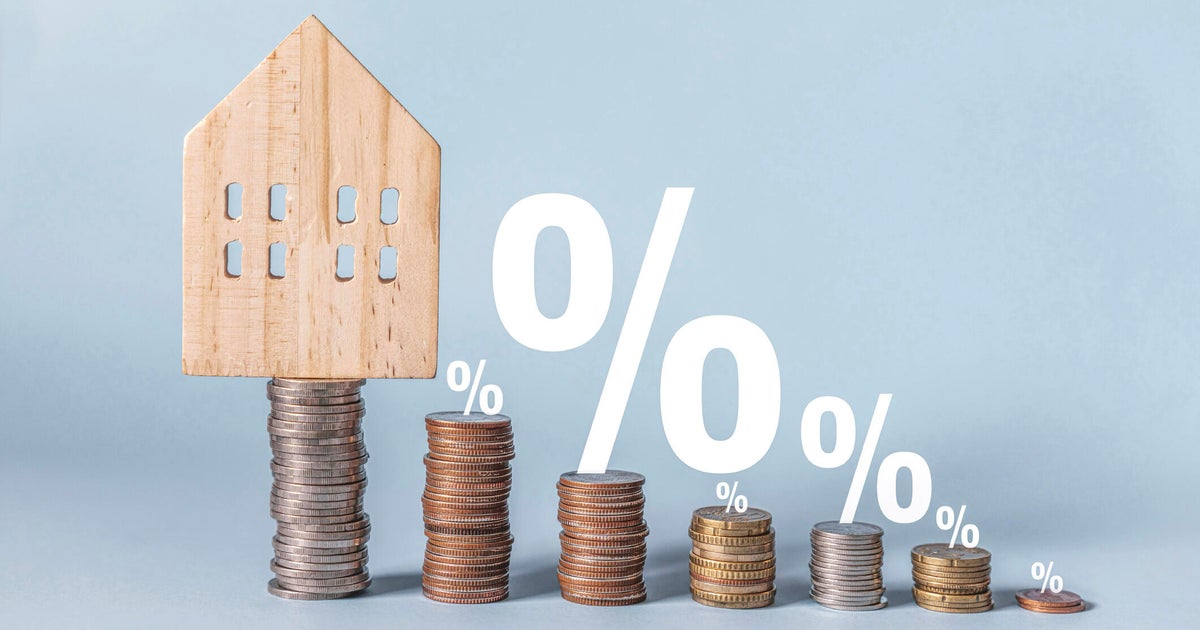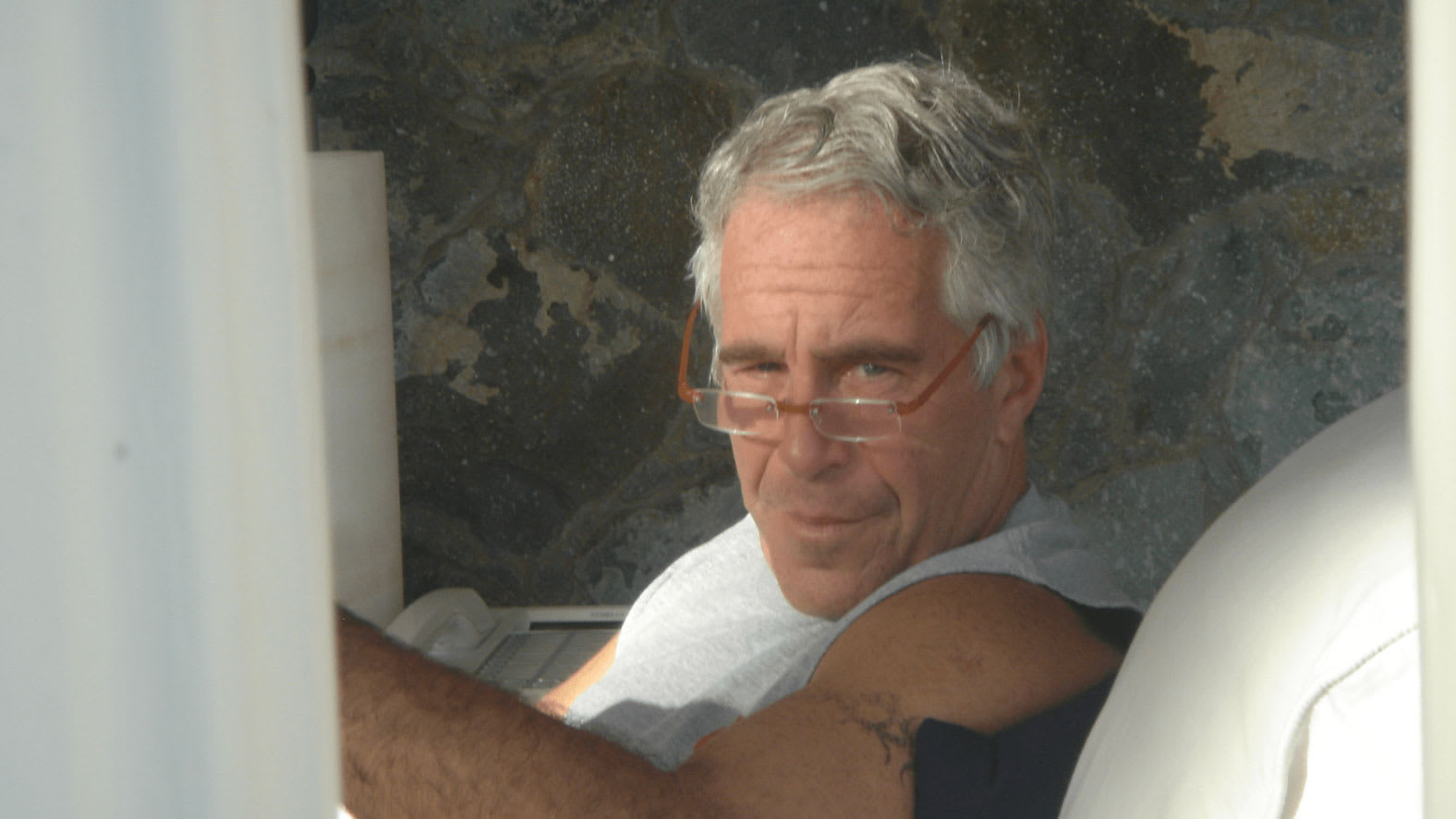Should I put $10,000 into a long- or short-term CD?
A certificate of deposit (CD) is a simple way for your money to earn interest while staying safe and secure. A CD is an interest-bearing account offered by most banks that requires you to keep your money in the bank for a set period in exchange for a fixed rate of interest.
One upside to CDs is that they often offer higher interest rates than other savings products, but there is a catch – you generally don't have access to the money until the CD matures. There are typically steep penalties for withdrawing your money from a CD before the CD term is up.
CDs come in many different terms, ranging from one month to 10 years. A short-term CD is one where the term is one year or less; anything longer is considered a long-term CD. And, there are a few factors to consider when determining which type of CD to deposit $10,000 into. Here's how to make your choice.
Explore today's top CD options online now.
Should I put $10,000 into a long- or short-term CD?
If you have $10,000 to put into a CD, there are several factors to consider in order to choose the term you want. Start by thinking about what your financial goals are, and then consider the following:
Determine when you need your money
Consider when you'll want or need access to your money again. If you'll be making a big purchase, such as a new car, within the year, you may need access to the money in your CD sooner rather than later. In that case, a short-term CD probably is the best option.
On the other hand, if you won't need access to the $10,000 you're depositing for at least a year, a longer-term option could be the right choice. Just make sure you won't need to withdraw any of the $10,000 before the CD has matured. Otherwise, you could face substantial early withdrawal penalties, which could cancel out the gains you make from interest.
Find the right CD for you and start earning interest today.
Compare interest rates
Interest rates for CDs are high right now, the result of the Federal Reserve repeatedly raising the federal funds rate. While CD rates aren't set by the Fed, rates for consumer savings products generally move up and down with the Fed's benchmark rate.
Banks typically offer higher rates on long-term CDs to entice customers to keep their money in the bank longer. Right now, however, many banks are offering higher interest rates for short-term CDs due to the many unknowns with the unusual rate environment.
If you want to take advantage of today's high interest rates without hindering your access, a short-term CD could be a good choice. On the other hand, if you are interested in making the most interest possible, a long-term CD could be the better option.
Consider both options
There is another option besides choosing a short- or long-term CD: choosing both. You could split your money into two CDs, one short-term and the other long-term. This lets you benefit from both choices and ensures that you'll keep some liquidity.
You could also choose a CD laddering strategy instead, which involves opening multiple CDs with differing terms. For instance, with your $10,000, you could put $2,500 into four CDs with terms of one, two, three and four years. As each CD matures, you open another 4-year CD as a new rung at the top of your ladder. This option lets you earn interest while also maintaining some liquidity in case you need it for a big purchase.
The bottom line
Whether a short- or long-term CD is the best choice for your $10,000 ultimately comes down to your needs and what is important to you. If you want to maintain liquidity and earn the highest interest rate possible, a short-term option probably makes the most sense. If earning more interest is more important and you don't need to access your money, however, a long-term CD could work in your favor.




